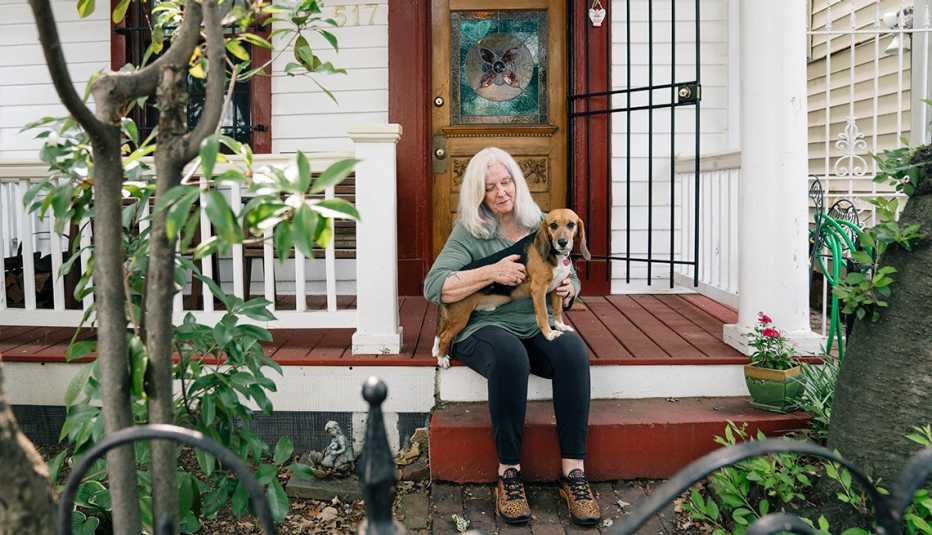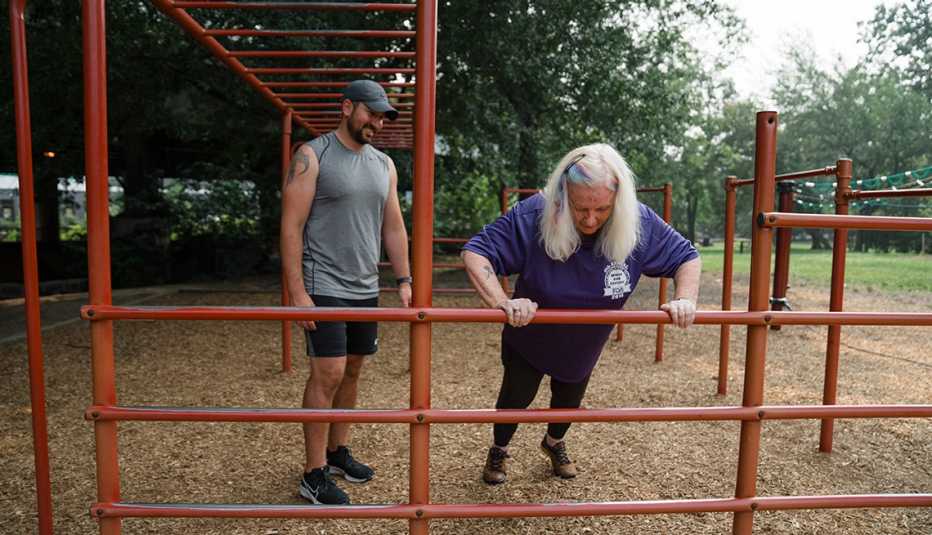AARP Hearing Center


After turning 70 last fall, Susan Kelly decided 2023 would be the year she retired. On May 1, she wrapped up a dozen years working in communications for the federal government.
Fred Gladstone, 61, retired as a school psychologist in the Levittown, New York, area June 30, having worked four years past the 30-year milestone at which educators often leave the profession.
Neither was keen to quit the day job. In fact, the idea left them cold.
Gladstone says he’d considered retiring as early as 2020 but wondered what he’d do with his time instead. He didn’t file the paperwork until March.
“It was difficult to put the letter in. I had told people and I had told my principal, but I had never put the letter in,” he says. “The principal finally asked, ‘Seriously, are you going to retire?’ ” Even then, “I had second thoughts in my head — what the hell am I doing?”
For many, the prospect of leaving the daily work routine behind brings joy and anticipation, but some older adults approach retirement with something more like dread. They fear losing their sense of purpose, worry about how they’ll fill their days, wonder who they even are without their career.
“Work structures us and gives us routine in our lives,” says Louis Primavera, a professor of psychology at Touro College in New York City. “We plan around work. It is part of our identity. We go to a social gathering and people say, ‘What do you do?’ Clearly, what happens is people say, ‘What am I going to do? What am I going to be?’ The fear of loss of identity is a major fear.”
Kelly, who worked at USA Today for 21 years before going to the U.S. Food and Drug Administration, says she thought she might never retire.
“I always liked working, and my skills as a writer and editor have been a big part of how I see myself,” she says. “I was dreading May 2nd. I had very mixed feelings about retiring.”
“The biggest wakeup call was Memorial Day weekend,” Kelly says. “A three-day weekend when you’re retired is not the same as a three-day weekend when you’re working.”
“When you look at the Hallmark version of retirement, it’s a life of leisure,” says Patrice Jenkins, an organizational psychologist in Saratoga Springs, New York. “But when you’re feeling anxious about the decision, it’s easy to think, Something may be wrong with me.”




































































More From AARP
Should You Let the Bear Market Keep You From Retirement?
The stock market’s big decline might not keep you from retirement
8 Reasons You Should Go Ahead and Retire
Hanging on to your job may be doing more harm than good
Find the Best Place For Your Retirement
Creative and innovative housing options